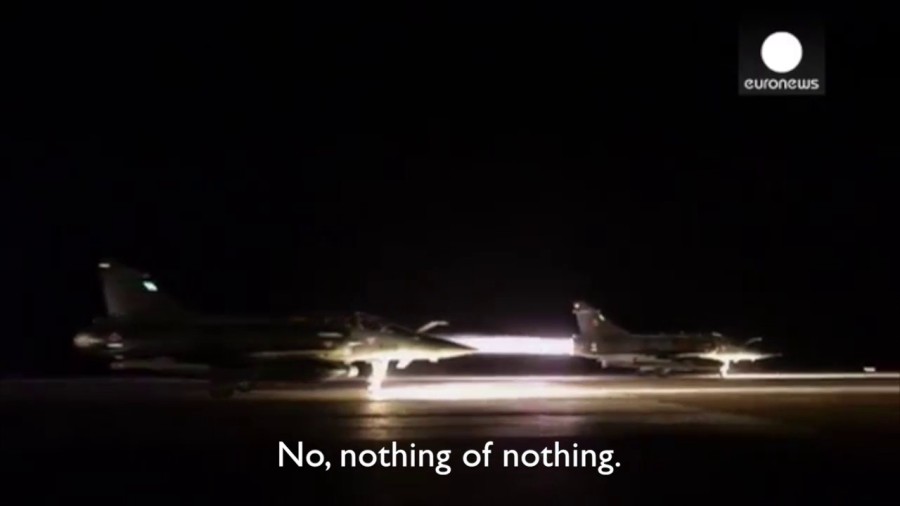Video
Alison Carmel Ramer
www.alisonramer.com www.socialchangestudios.com
Alison Carmel Ramer (1986) is a social change artist, curator and creative working at the cross section of Anglo, Latin and Semitic worlds. Her artwork is designed to increase people’s moral consciousness, ethical capacity and commitment by creating visceral vignettes and spectacles that encourage viewers “to formulate new social bonds and political associations,” to empathize, as Judith Butler defines it.Her art often conjures up feelings of affirmation, judgment and disorientation — or even traumatization — in order to sensitize viewers and inspire them to reimagine our world and transform themselves. Her work is multilingual, interdisciplinary and often participatory or collaborative. She has worked intensively with marginalized and indigenous communities in the occupied Palestinian territories, Israel and the United States and frequently brings together artists, activists, policy makers, philanthropists and corporations for collaboration and innovation. Her art and curatorial work has been commissioned by the British Council, Oxfam and World Vision, among others, and exhibited by the Dar Al Kalima College of Arts in Bethlehem (2013), the Palestinian Academy of Art in Ramallah (2012) and the Berlin Bienalle (2012) among others. She has guest lectured at the University of Washington, Boston University, Tufts University, MIT and has been profiled in several publications including Al Quds, The Boston Globe and Utne Reader. She hold a B.A. in Politics and Jewish Studies from Mount Holyoke College.
Video title
“Feeling As I Do”, 2015, 3:02
“Feeling As I Do” is a self-portrait created following the November 2015 bombings in Paris and Raqqa. By creating a fiction plea from Syrian singer Asmahan to French singer Edith Piaf, I was able to give myself a voice even though it was not my own to encourage others to consider the role their voices play in giving voice to others who are not present.
I chose to keep the image of my body invisible, to stay in solidarity with people whom are unseen, erased or forgotten in the aftermath of violence and during times of mourning. Even though tragedies like the Paris bombings create opportunities for global connection and solidarity, they also highlight the political power of mourning as they are a moment where we reinstate or redesign our empathy with and hatred of others.
By juxtaposing French propaganda film of military planes preparing to bomb Raqqa (Syria / ISIS) with ISIS propaganda film of a military parade in Raqqa, and civilian footage from Raqqa, I highlight the hypocrisy of French and ISIS’s violence and ask viewers to expand the scope of their sensitivity and to focus on the essential issue of protecting all human life.


